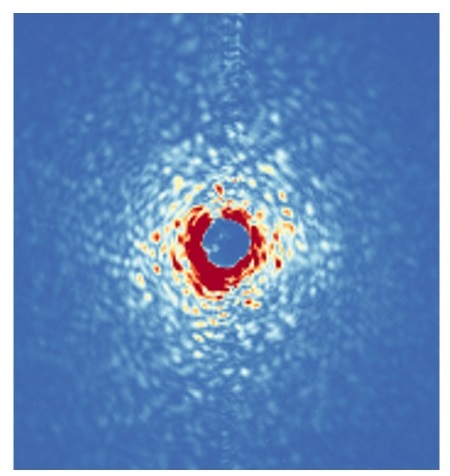The progressive increase in microbial resistance to antibiotics is a global health threat that requires solutions for rapid and reliable determination of antibiotic susceptibility in order to select appropriate antibiotics and dosages prior to treatment. We have established a screening platform that enables the detection of cell growth after just a few cell divisions. Our methodological approach for a robust phenotypic antibiotic susceptibility testing is based on the innovative combination of three cutting-edge technologies: (i) a high-throughput microfluidic platform where individual bacterial cells are encapsulated in picoliter-sized droplets, (ii) a 2D angle-resolved light scattering sensor to perform label-free hourly screening of the droplets, and (iii) a computational image analysis approach based on convolutional neural networks to evaluate the dynamics of microbial growth in droplets. For the gram-positive Staphylococcus aureus and gram-negative Escherichia coli, we demonstrate that microbial growth in droplets can be successfully detected within one to two hours. Furthermore, the potential of this platform for rapid phenotypic antibiotic susceptibility testing is demonstrated as a proof-of-concept with the clinically relevant bacterium S. aureus under various concentrations of the antibiotic tetracycline. Notably, we reach a robust phenotypic decision regarding the sensitivity to this antibiotic within two hours.
Droplet Analysis – Deep Learning based
This project addresses antibiotic resistance by developing a high-throughput platform for rapid antibiotic susceptibility testing.






